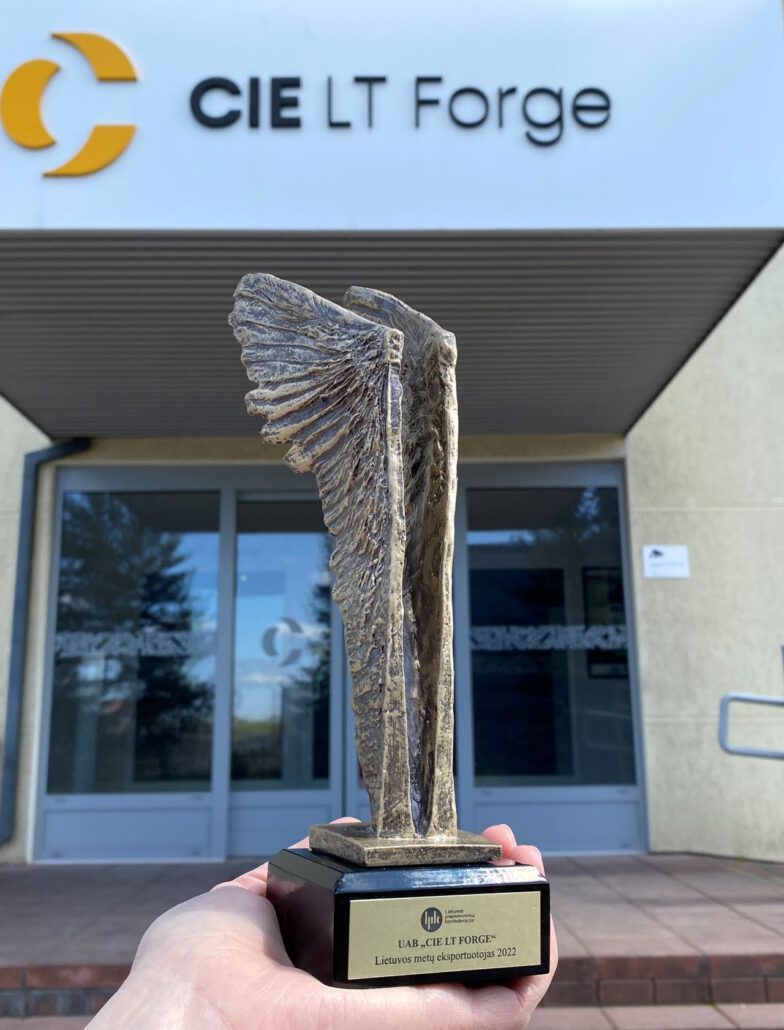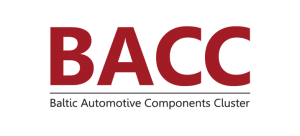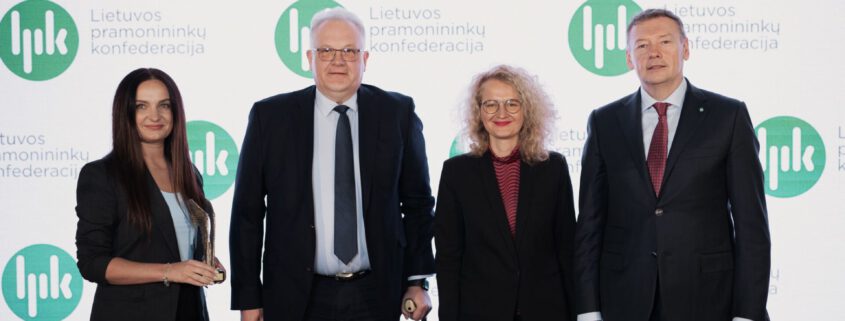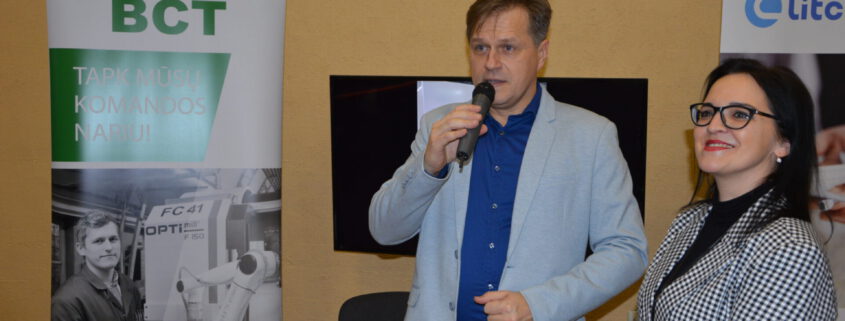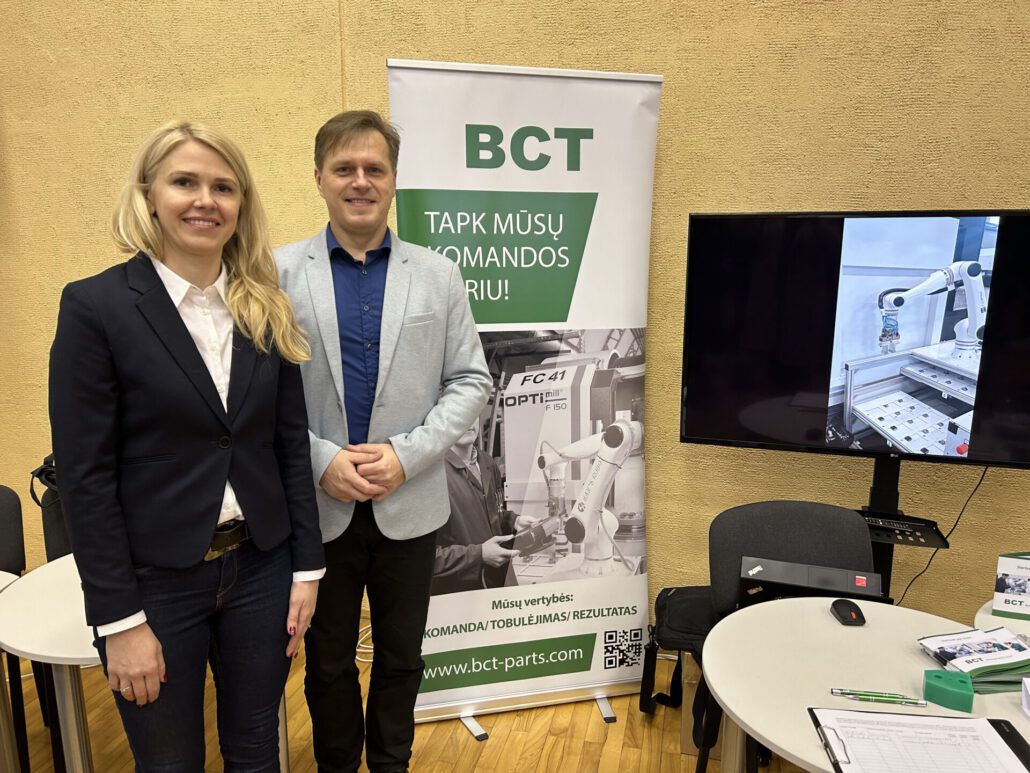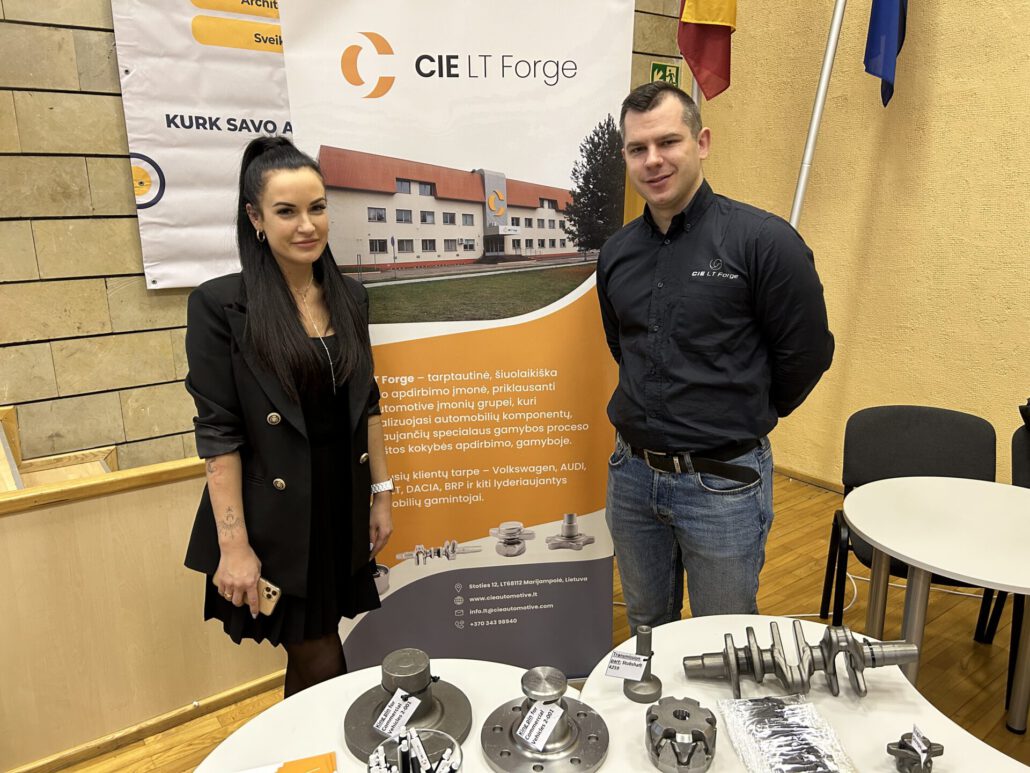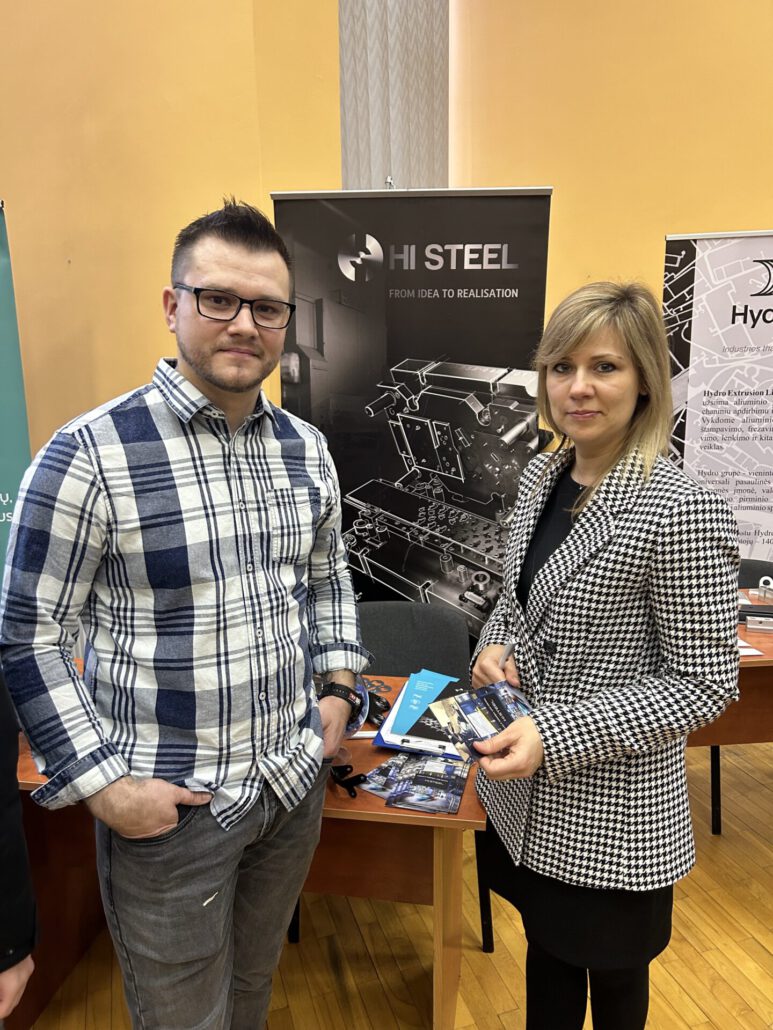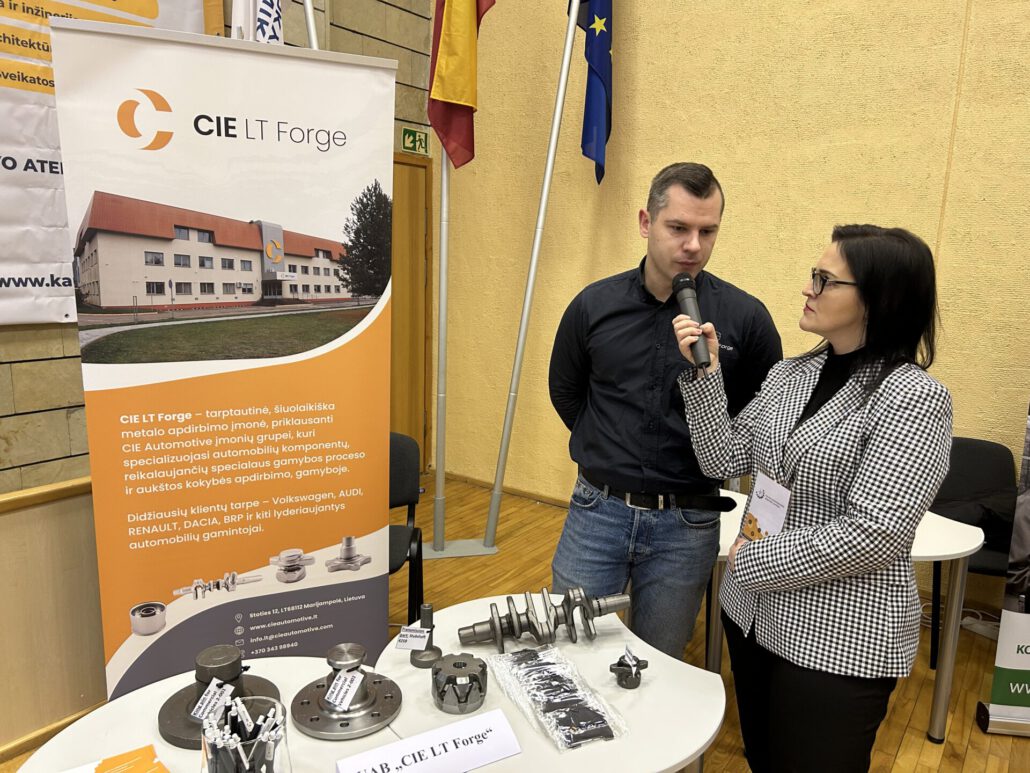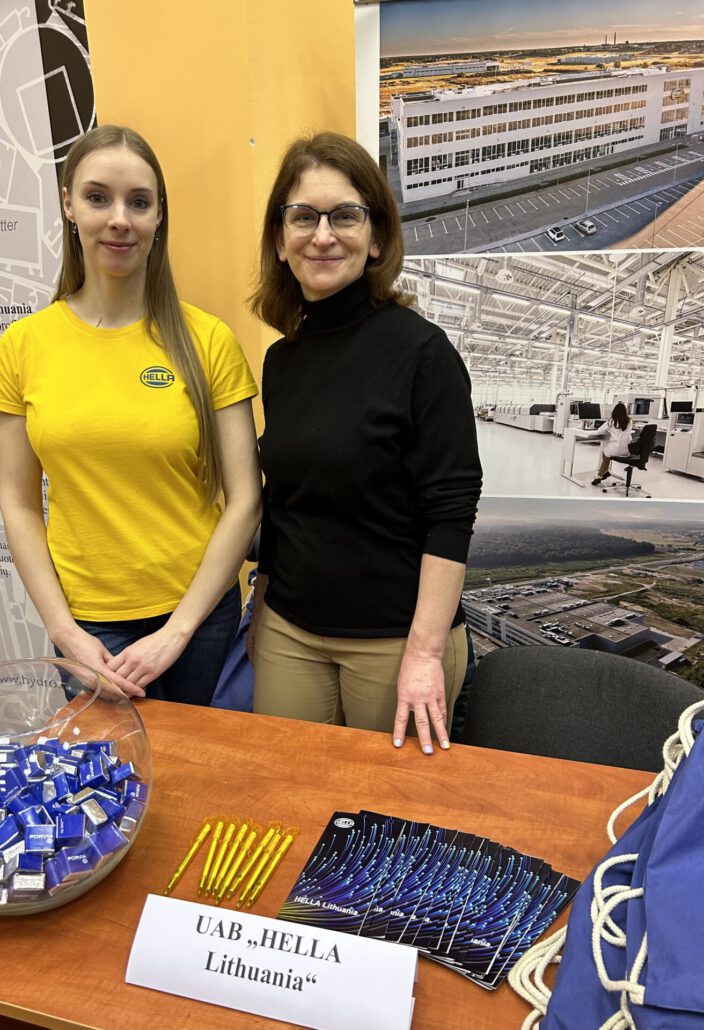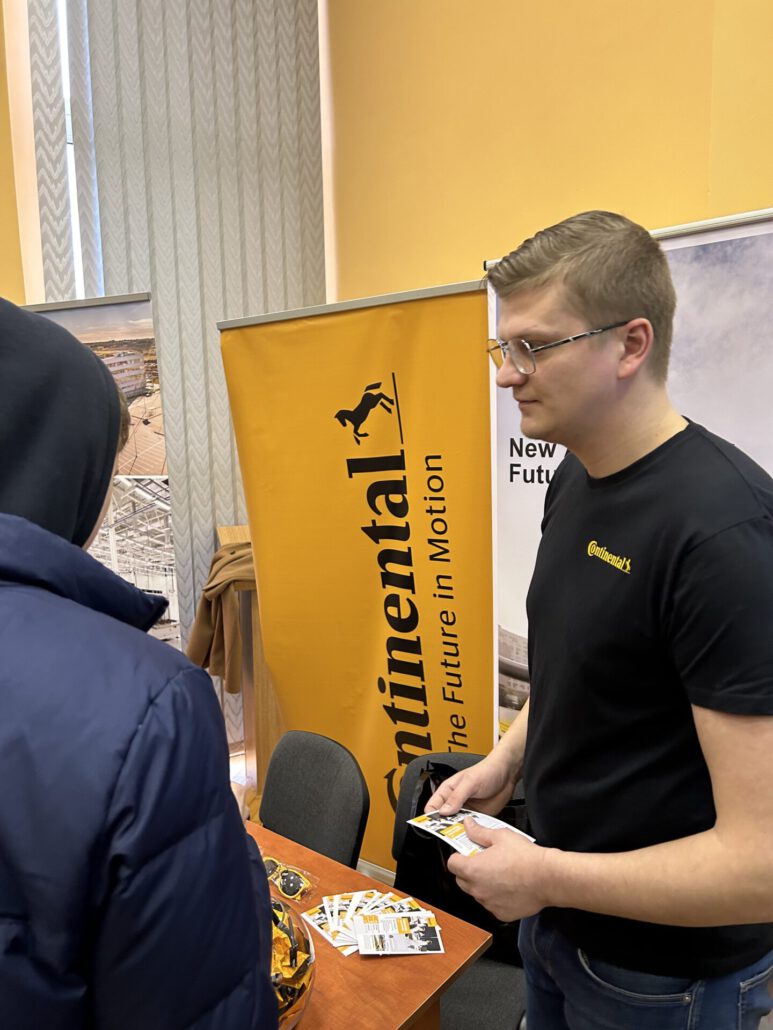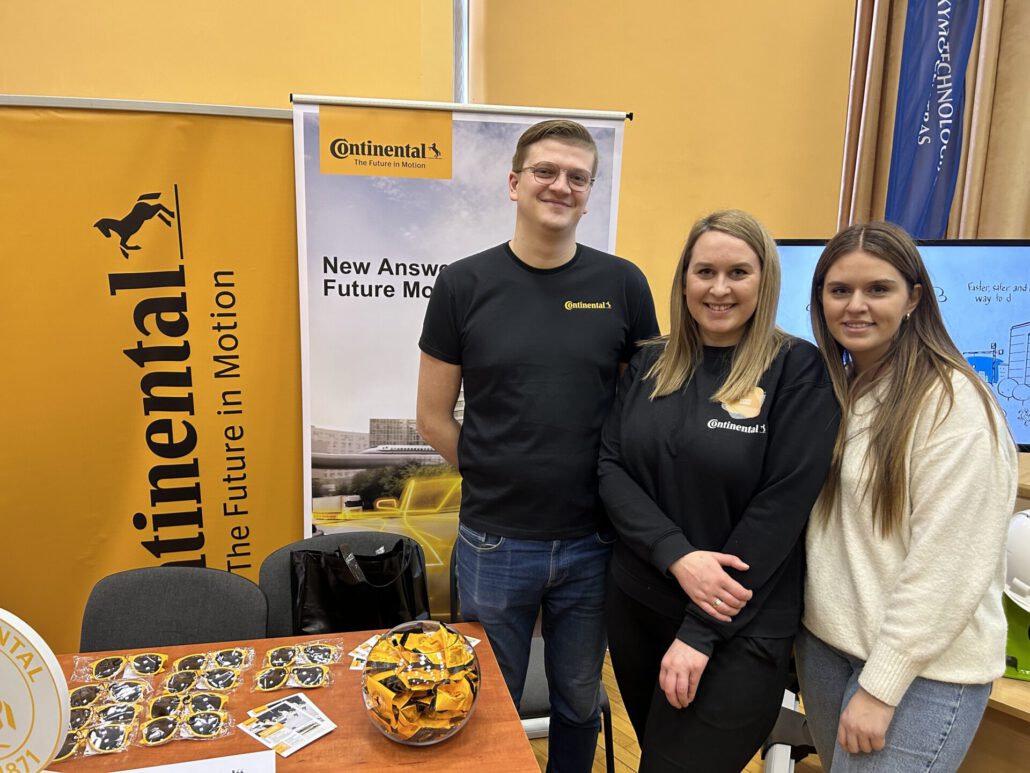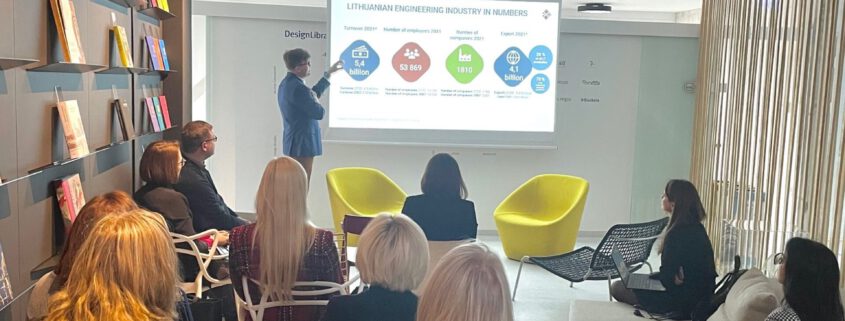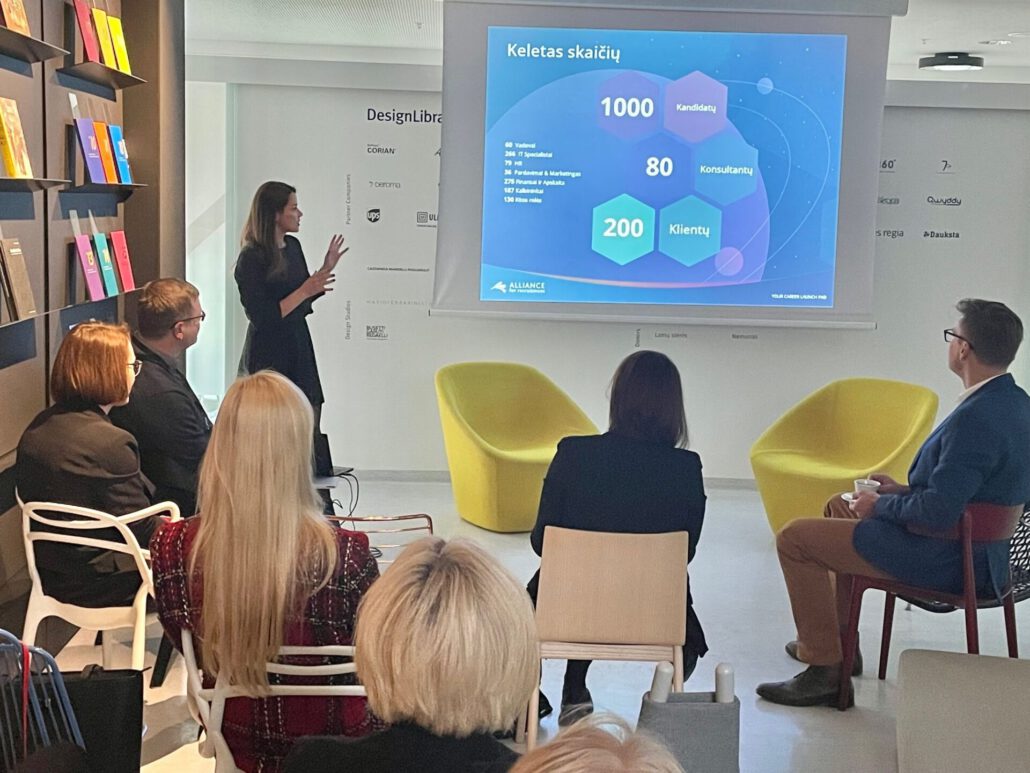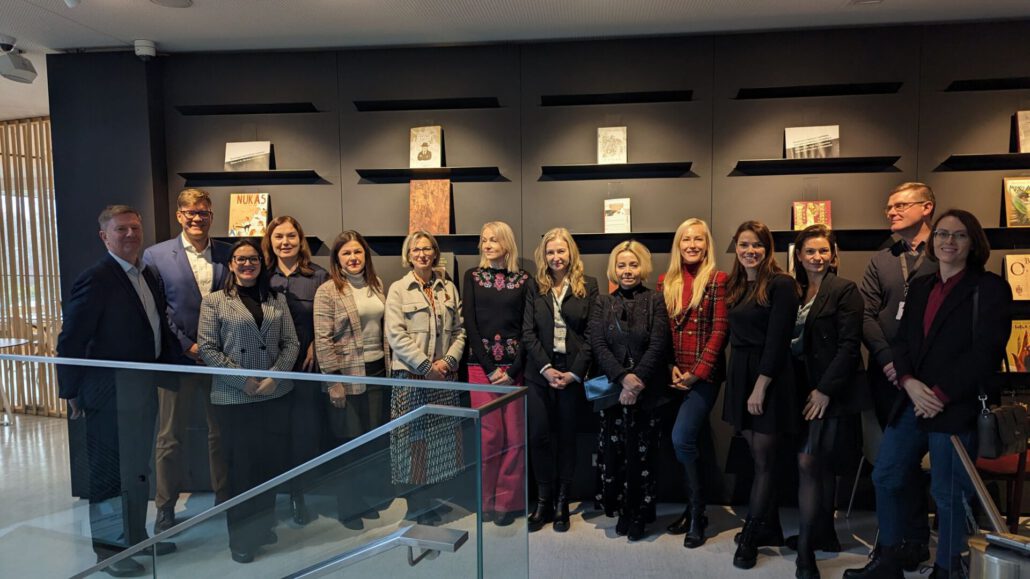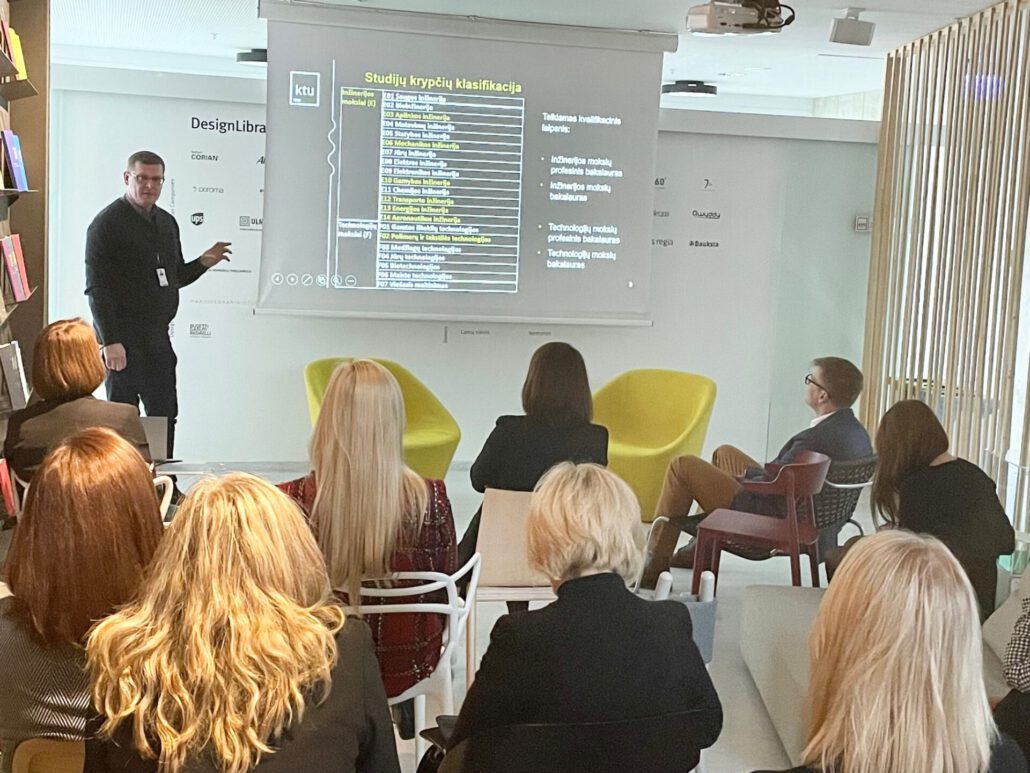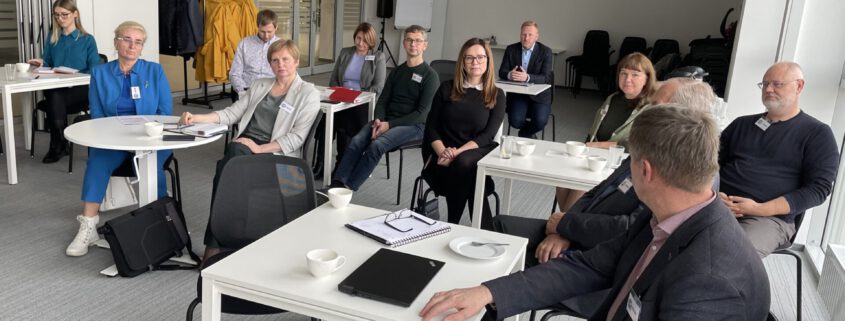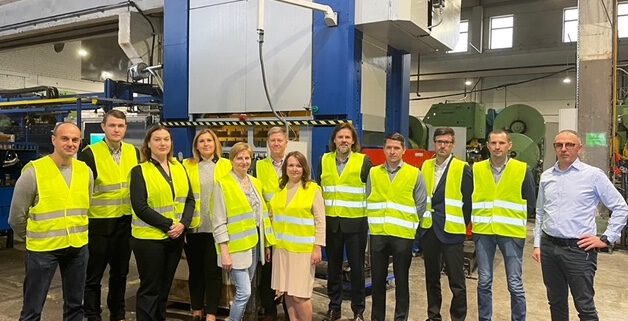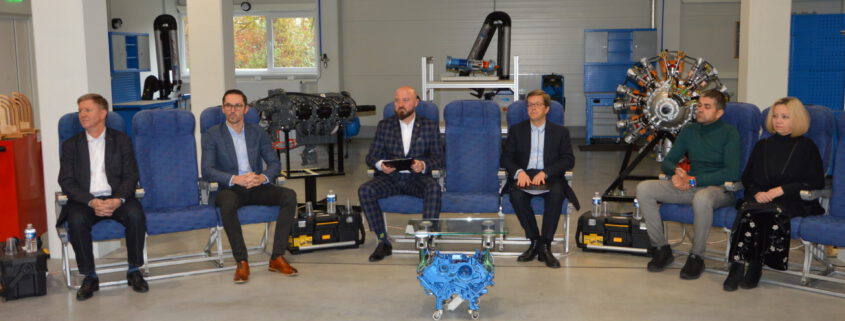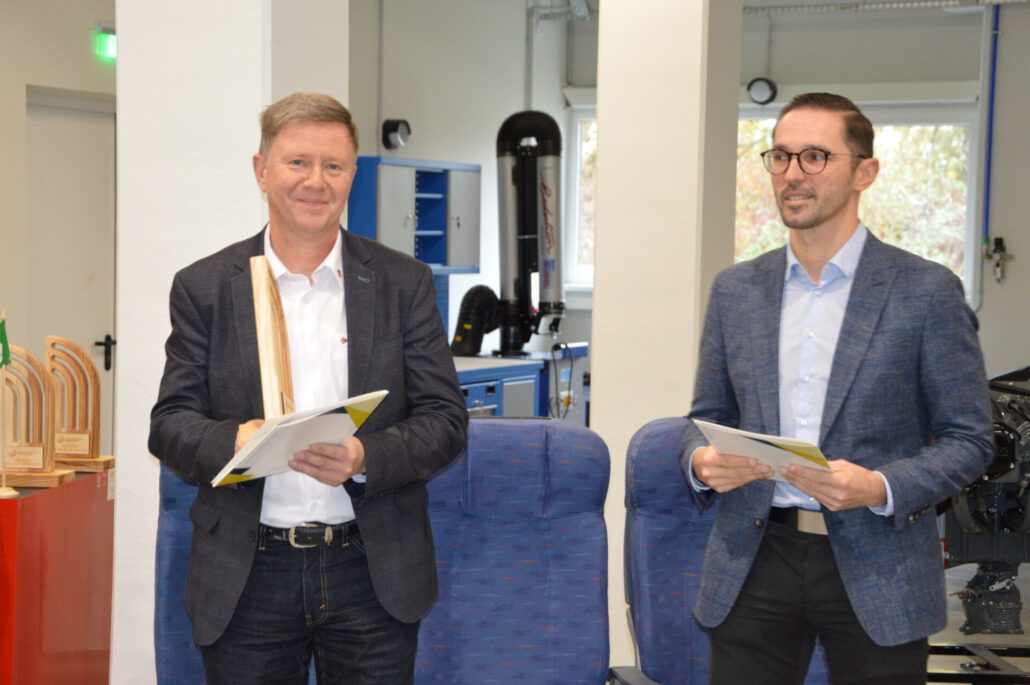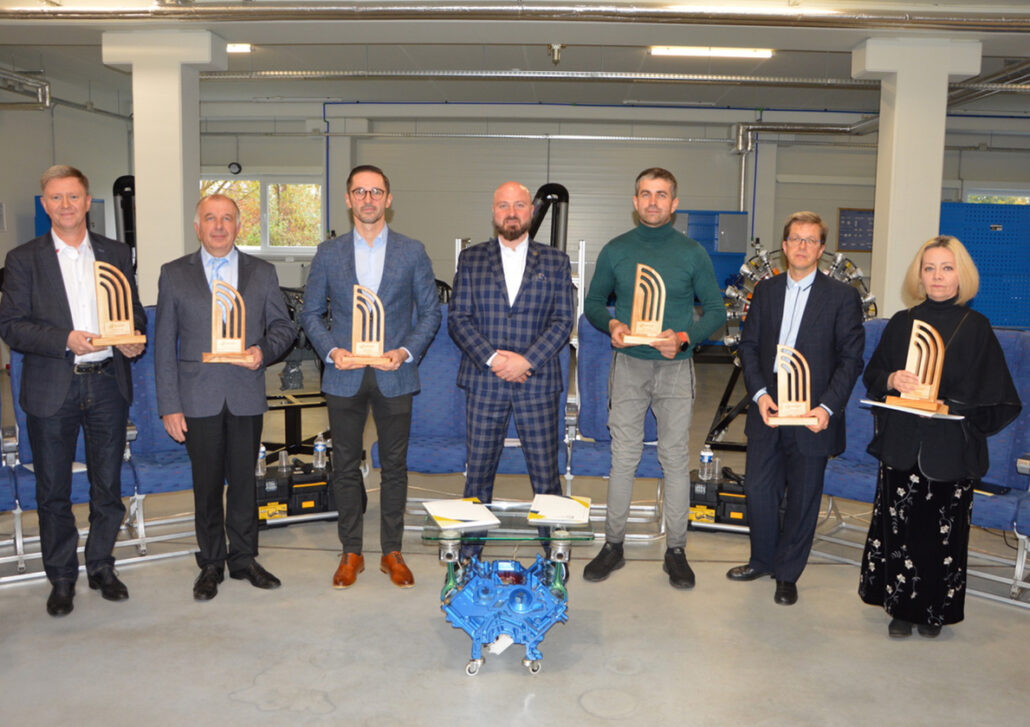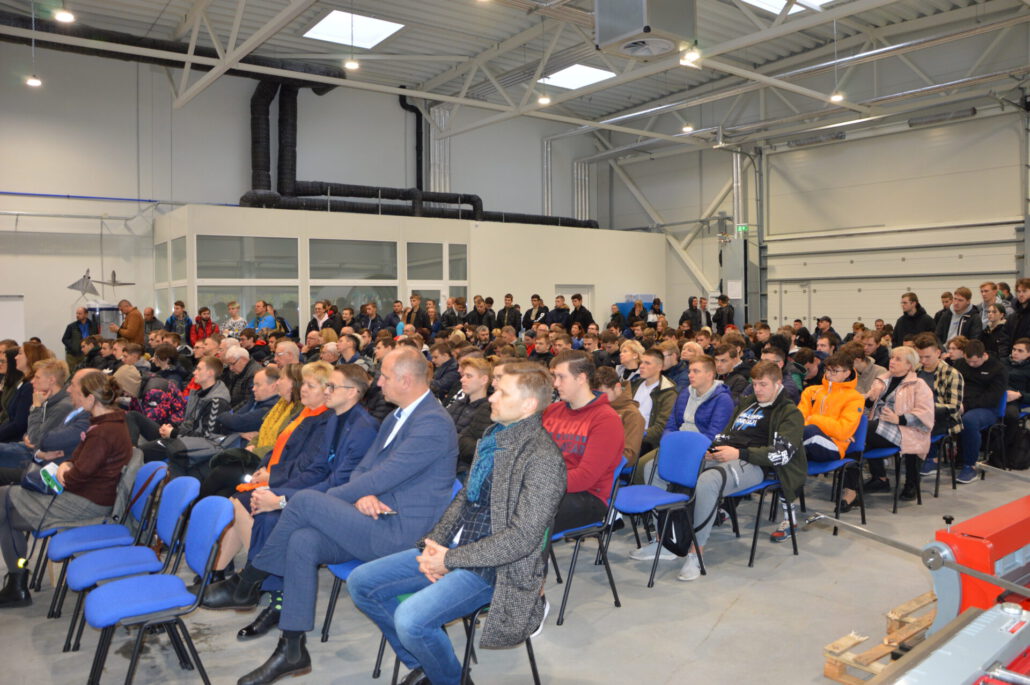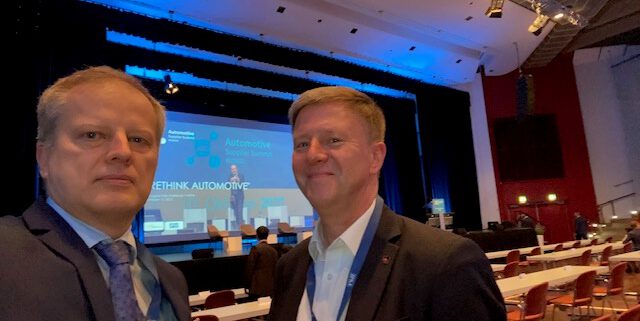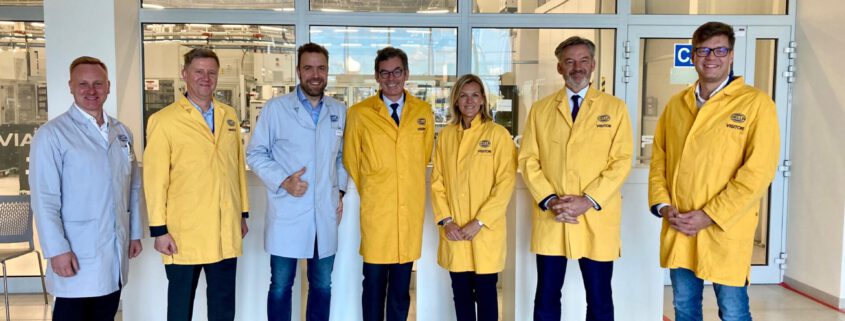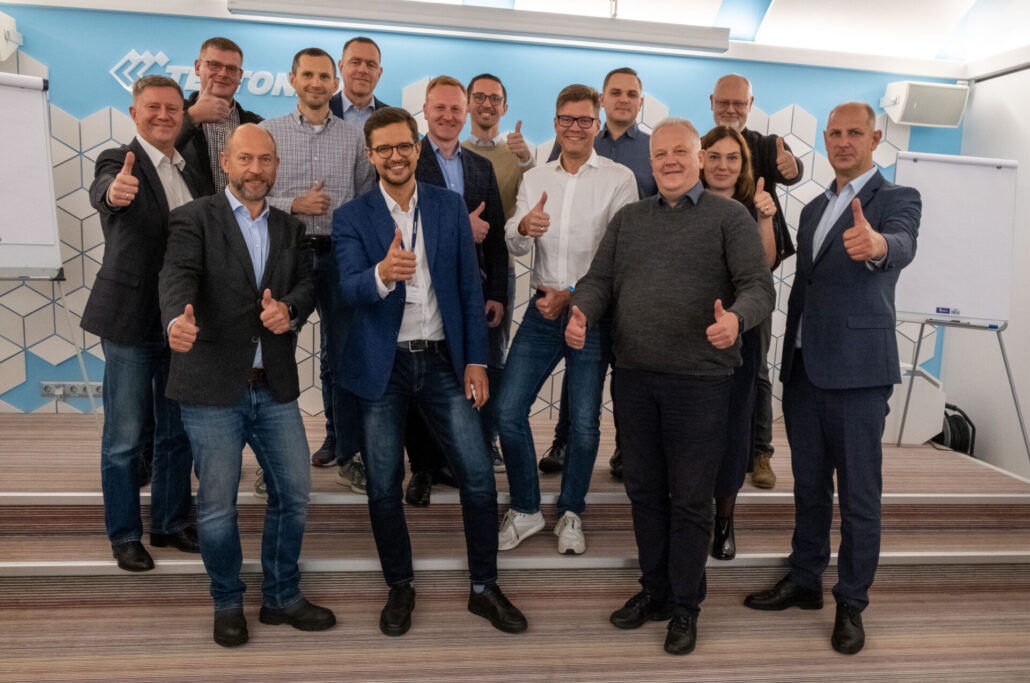During the Annual Conference organized by the Confederation of Lithuanian Industrialists, CIE LT Forge was awarded as the “Lithuanian Exporter of the Year 2022”.
In 2022 CIE LT Forge sales increased 35% and reached 43.5 mln. EUR, 99.5 % of manufactured products were exported.
One of the most important news in 2022 – the company entered the Scandinavian market by signing a long-term contract with a large commercial transport manufacturer in Sweden. CIE LT Forge expanded their number of customers in Poland, Germany, Hungary, Romania, France, USA, Mexico.
The effective work of the team helped to achieve the best results. The company set ambitious goals – constantly invest in process improvement and focus on robotization of production lines. Thanks to the professionalism of the team, CIE LT Forge is flexible, respond effectively to the market changes and meets needs of customers.
